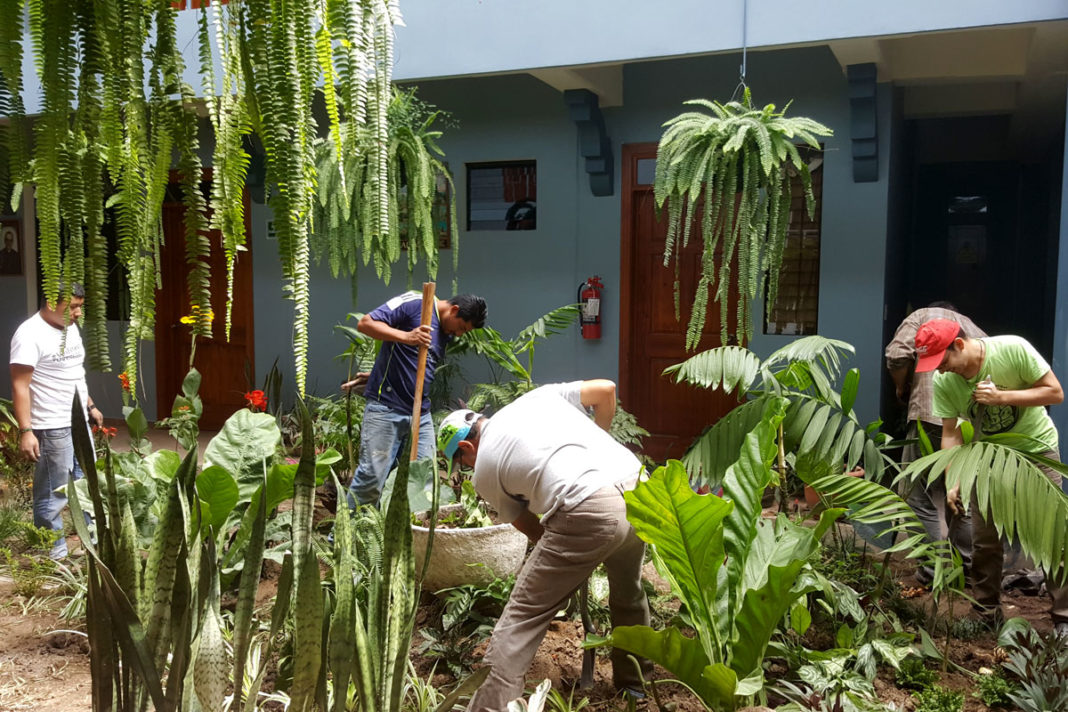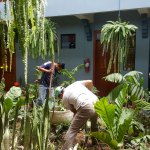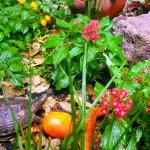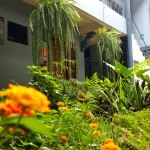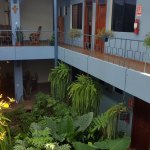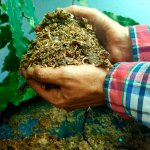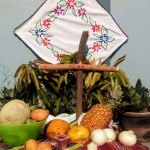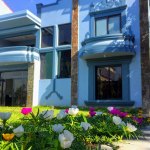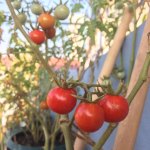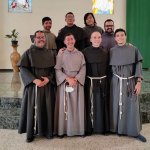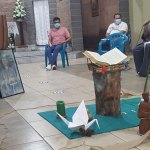In light of the ongoing global health and environmental crises in 2020, the friars at San Antonio de Padua Friary and Formation House in San Salvador, El Salvador, have committed themselves to beginning ecological conversion in their own community. The friars are members of the Provincial Custody of Mary, Mother of Mercy in Central America.
The solemnly and simply professed friars at this friary have begun by applying for membership in the internationally recognized ecological program called “Programa Bandera Azul Ecológica” [Ecological Blue Flag Program]. They have registered under the Program’s Ecological Ecclesial Organizations category. The Ecological Blue Flag Program was founded in Costa Rica. It gives annual awards in recognition of the efforts and volunteer labor of various local-level committees that seek to improve hygienic and environmental conditions and which use the Ecological Blue Flag Program as an instrument to mitigate and adapt to climate change. The Conventual Franciscan San Francisco College in Costa Rica is taking part in this initiative as well.
Participating in this project as a community has not been an easy task. However, by embracing this new initiative, the Holy Spirit has awakened souls and given new energy to the friars. Everything is being reexamined in order to better carry out this important human, evangelical and Franciscan dimension. It involves what food to choose, the personal use of things, friary administration, pastoral activities and mission, even ways of praying.
The friary’s gardens and small vegetable plot, the chapel, the kitchen, the pantry, the refectory, the library and other rooms—all of these various settings of daily life are gradually being permeated by this new movement, which is so desired by Pope Francis in his reflection and so present in our charismatic identity as Franciscans. Because the Kingdom of God is an ever-growing seed, even the smallest personal or community action can have great impact in changing our reality, a reality that, in Central American countries, can include the destruction of natural resources, social and political violence, economic inequality and poverty.
Some achievable areas of ecological conversion include the conscious use and reduced consumption of goods and resources, like water, electricity and fuel; making purchases from an ethical and environmental perspective; managing and composting organic waste; managing and separating recyclable waste (plastic, paper, aluminum and glass); caring for the friary’s gardens and vegetable plot; and carrying out pastoral activities that show the link between faith and one’s socio-environmental commitment.
The friars want to make choices like these so they can add an ecological-Franciscan dimension to our life of communion with God, to our parish ministry, to the way we use social networks and media, to the life choices we make and to our formation. We invite everyone to care for our common home and to adopt new and authentic forms of fraternity, minority and solidarity.
Friar Ronaldo Francisco CRUZ GONZÁLEZ






